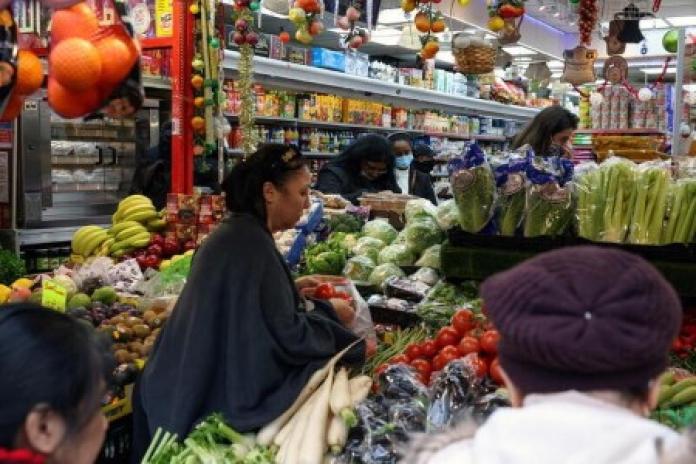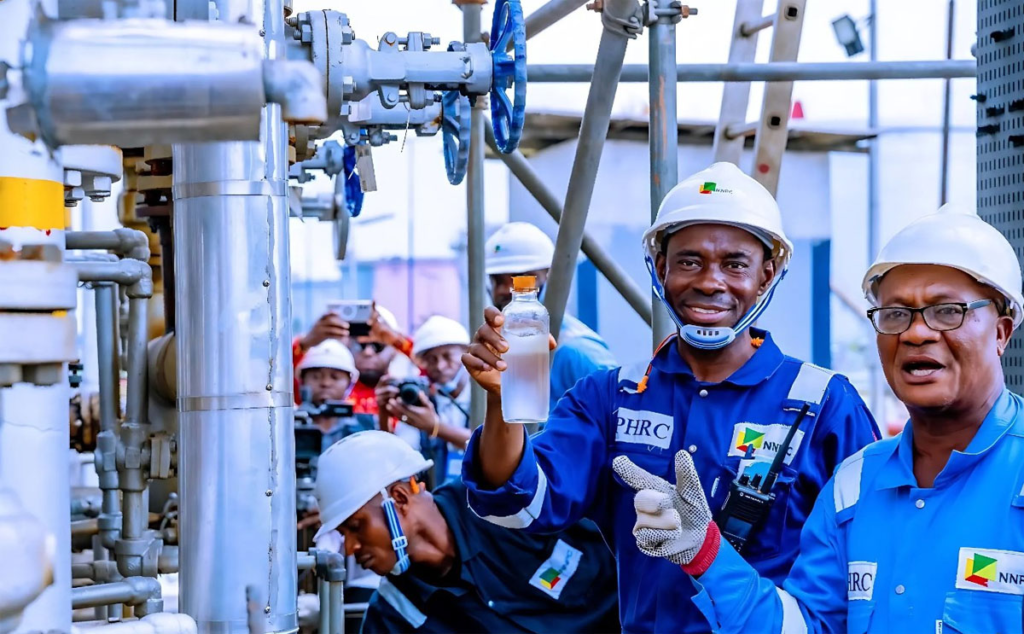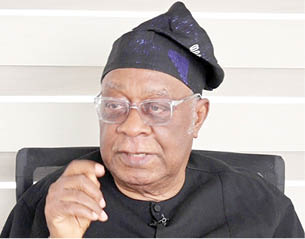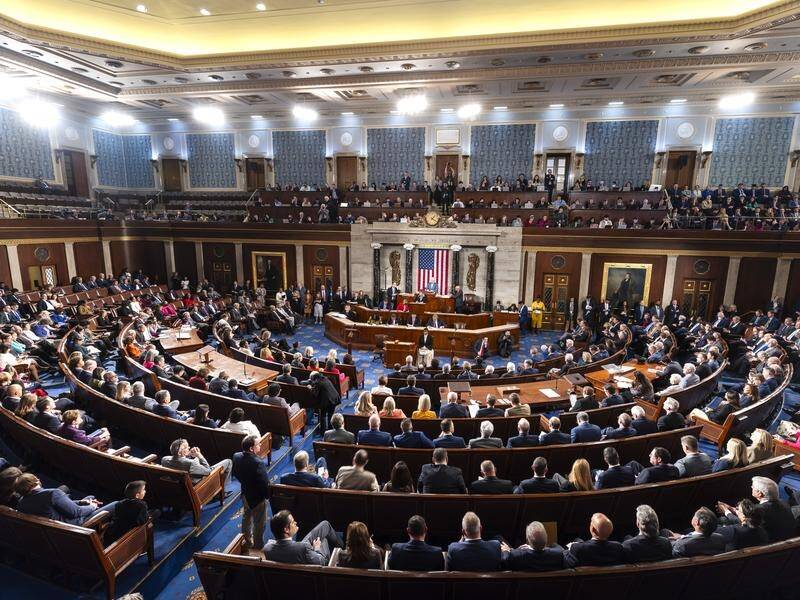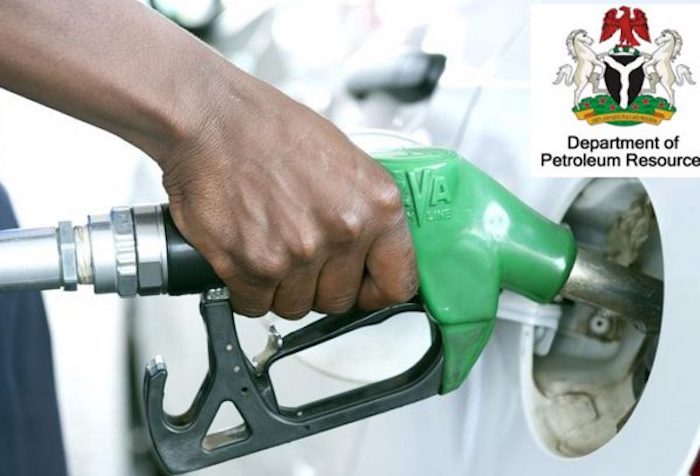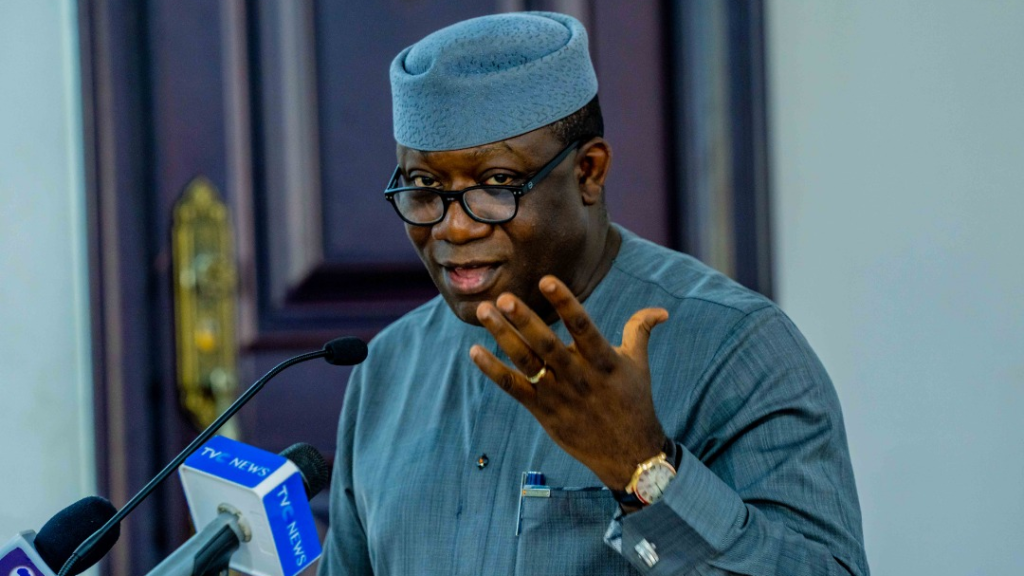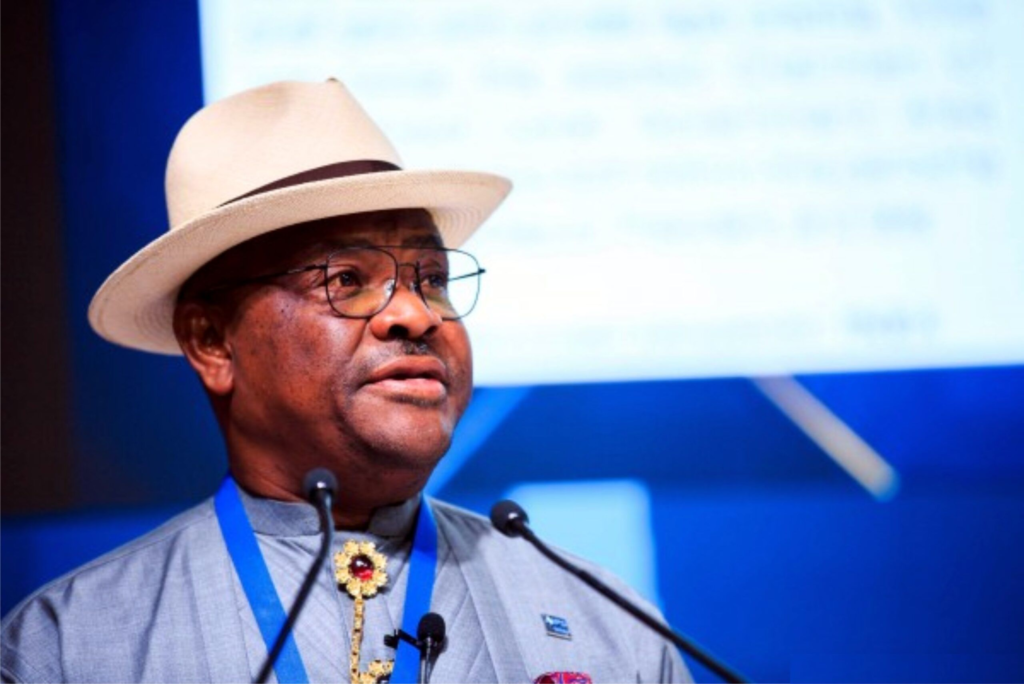British consumer prices rose at the fastest annual pace in nearly 30 years last month, intensifying the squeeze on households and reinforcing the chances that the Bank of England will raise interest rates for a third meeting in a row.
The annual rate of consumer price inflation rose to 5.5% in January, the highest since March 1992, the Office for National Statistics said on Wednesday, above expectations from economists in a Reuters poll for it to hold at December’s 5.4%.
Earlier this month the Bank of England revised up its inflation forecasts to predict inflation will peak at around 7.25% in April, when a 54% rise in regulated household energy bills take effect, squeezing households hard.
The BoE has already raised interest rates twice since December – lifting rates to 0.5% from 0.1% – and financial markets expect a further rate rise to 0.75% or 1% on March 17 after the BoE’s next meeting.
The British central bank does not expect inflation to return to its 2% target until early in 2024, although most economists think inflation will fall faster.
Higher energy prices have been the biggest single factor lifting British inflation so far, although global pandemic-related supply-chain problems have raised the price of many other goods too.
“Clothing and footwear pushed inflation up this month and although there were still the traditional price drops, it was the smallest January fall since 1990, with fewer sales than last year,” ONS chief economist Grant Fitzner said.
Britain is not alone in seeing a surge in the cost of living. U.S. consumer price inflation hit a 40-year high of 7.5% in January, while inflation in the euro zone was 5.1%, the highest since the European single currency’s creation.
Core inflation, which excludes sometimes volatile prices for energy, food, alcohol and tobacco, rose to 4.4% in January from 4.2% in December, its highest since these records began in 1997.
Retail price inflation – a longer-running series which the ONS says is no longer accurate, but which is used in commercial contracts and to set interest payments for some government bonds – was the highest since March 1991 in January at 7.8%.
Wednesday’s data showed further inflation pressure ahead as manufacturers increased their prices by 9.9% from January last year, the biggest annual jump since September 2008 and above all forecasts in a Reuters poll.
Excluding volatile products such as food, tobacco and petroleum products, the 9.3% increase was the biggest since annual comparisons began in 1997.
But the prices of factory inputs rose slightly less quickly, showing an increase of 13.6%, down from 13.8% in December and a peak of more than 15% in November.
Arisenews

